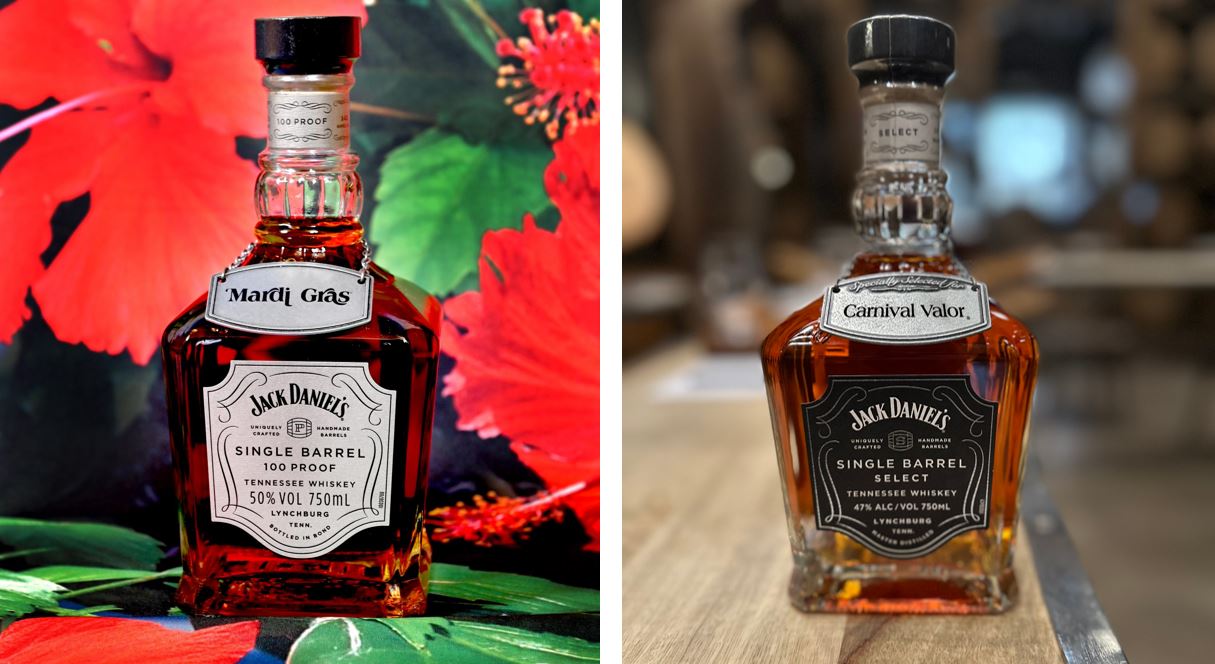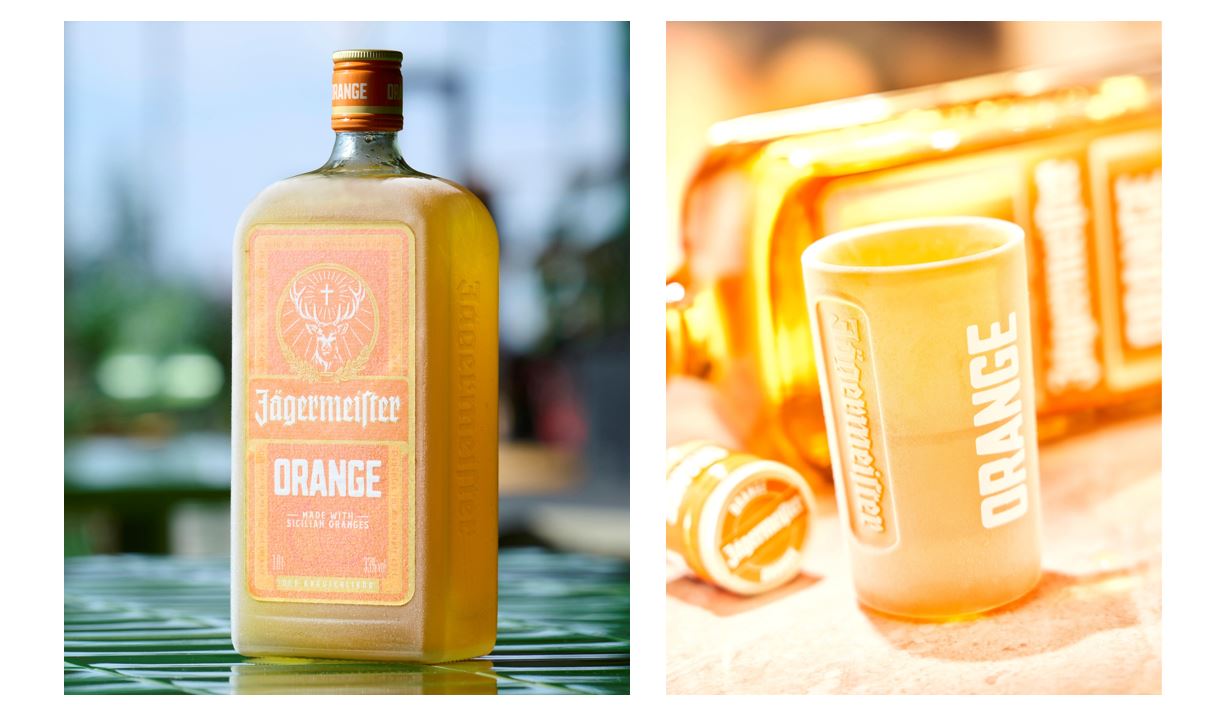UK. The addition of Malibu and premium wine brands contributed to duty free growth in Allied Domecq’s 2003 results.
On a constant currency basis, turnover for the year was up +6% to £3,410 million (US$5,797 million) but this equates to only +2% in reported Pound Sterling figures. At last week’s Annual General Meeting, Allied Domecq CEO Phillip Bowman was forced to admit that the weakness of the US Dollar would wipe also £25 million (US$43 million) from profits.
“Duty free performed well in a difficult environment,” said chief financial officer Graham Hetherington in a statement. “The first half saw strong organic growth and showed recovery against the previous year which was affected by the events of 11 September 2001. However, the impact of the SARS virus, the Iraq War and slowing economies in many markets caused the recovery to falter in the second half, reflecting a decline in passenger traffic.
“Our actions to mitigate these effects were successful with Ballantine’s Aged performing particularly well, retaining its market leadership position in super premium Scotch in duty free. The addition of Malibu and our premium wine brands has made a positive contribution to our duty free business. In particular, our premium wines have benefited from increased access to this channel provided by our global distribution network.”
Apart from exchange rate fluctuations, the company had to absorb another non-trading impact, increased pension costs. Overall, reported earnings per share were up +3%, but excluding non-trading items, this growth was +20%. Profit before tax was up +9% at constant exchange rates to £495 million (US$842 million). Eight of the group’s core nine brands achieved net turnover growth. Tia Lusso was firmly established last year and is number two cream liqueur in the UK. The year also saw brand extensions for Kahlúa and Beefeater and the relaunch of Beefeater Crown Jewel (The Moodie Report 29 October 2003).
In Spirits & Wines overall, organic growth in volume terms was +1% and up +8% in actual terms with net turnover up +2%. Of particular note were the strong performance in the highly competitive US market and the return to normal trading in Spain. Both regions have caused Allied a headache in the recent past due to destocking by wholesalers, but yesterday’s trading update shows that the impact of that destocking has been mitigated.
Allied’s focus on the premium end of the market also served it well in the wine business, where US and Australian wine producers in particular have been sent reeling by a grape glut. Given Allied’s exposure, there had been fears it might be affected, but the company was able to report reasonable revenues and profit growth with premium wine sales volumes up +5% (organic volumes down -2%). Ironically, the best-performing division is the one that plays the smallest role in the company’s strategic thinking: fast food with Baskin-Robbins and Dunkin’ Donuts.






